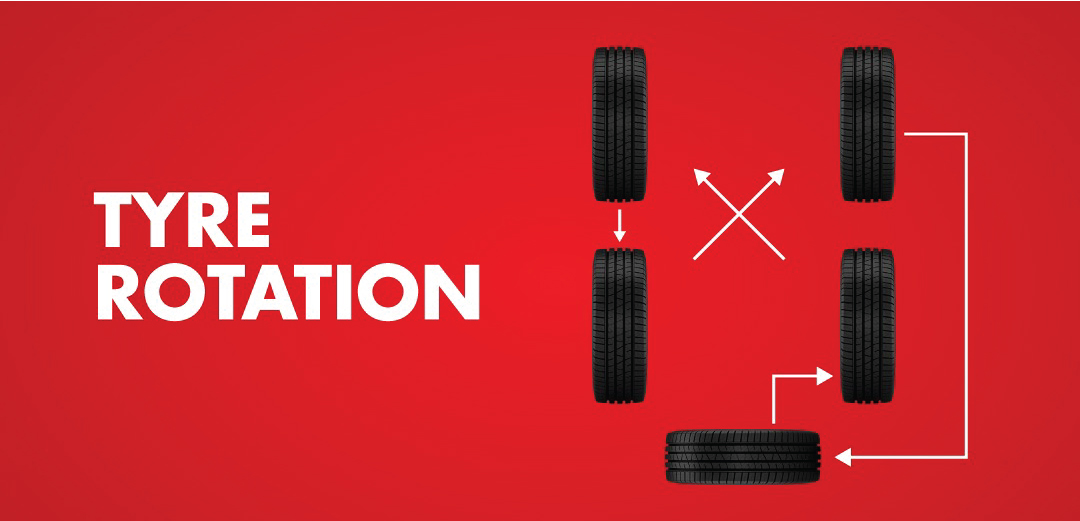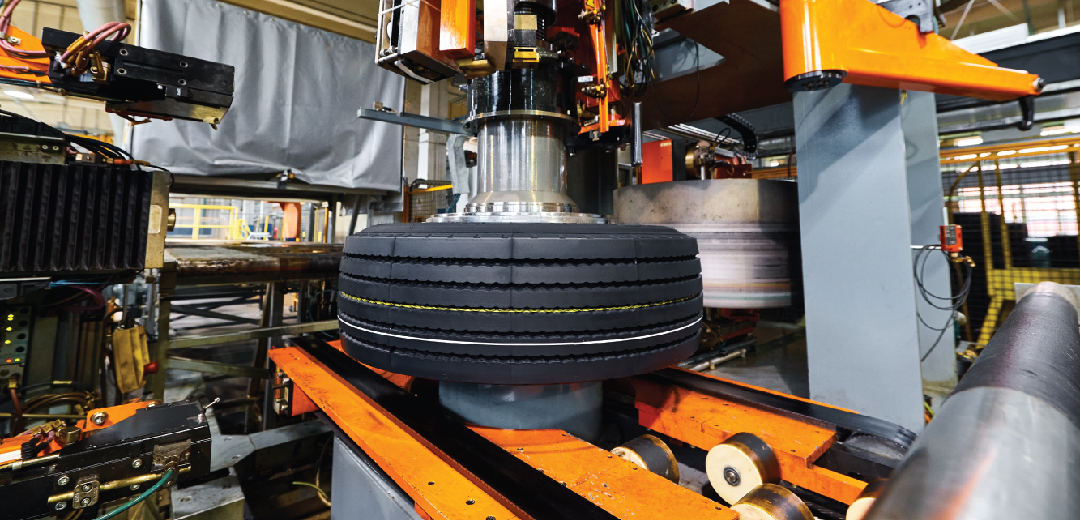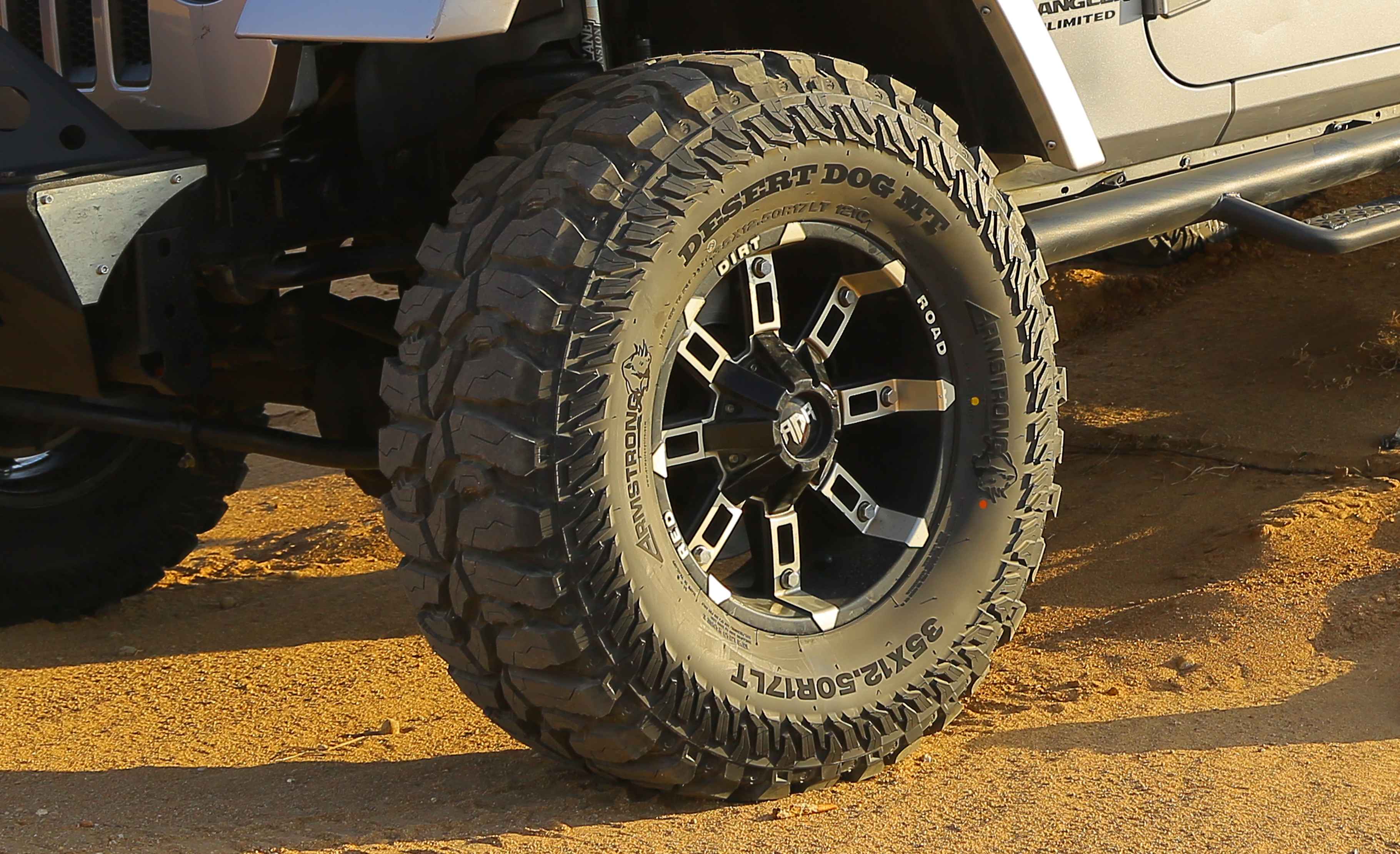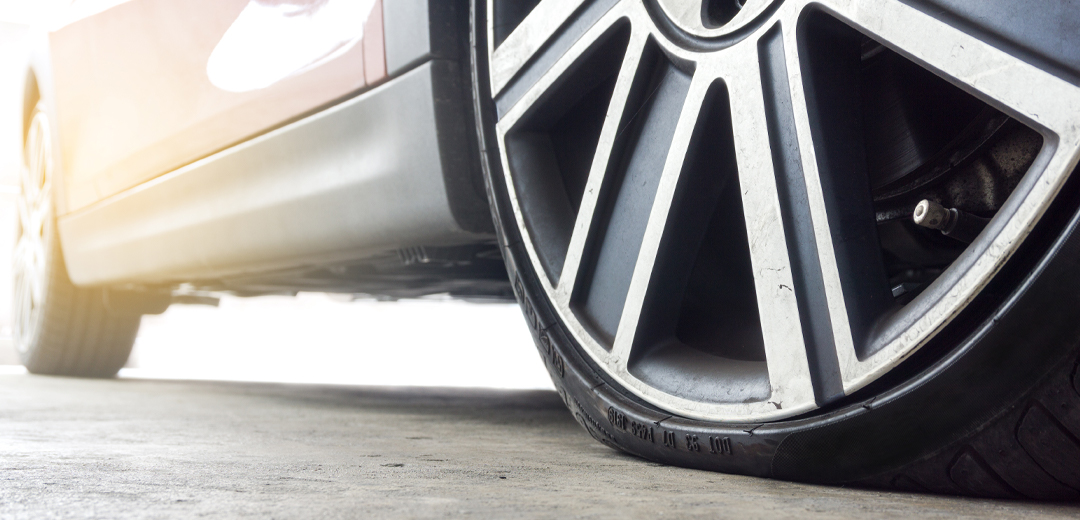.jpg)
If you are driving in the UAE, you might be
wondering about the rules and regulations for tyres. After all, tyres are one
of the most important parts of your vehicle, impacting safety, performance,
fuel efficiency, and appearance. Read ahead to know more the main UAE tyre
regulations and requirements and why they are crucial for you.
UAE TYRE REGULATIONS AND REQUIREMENTS:
The UAE tyre regulations and requirements are a set of standards and guidelines issued by the Emirates Standardisation and Metrology Authority (ESMA) in September 2012. They aim to improve road safety, protect the environment, reduce energy consumption, and prevent fraud and deception. These regulations cover various aspects of tyres, including manufacturing, sale, storage, and repair.
Some key regulations include:
1. Certificate of Conformity: Tyres must have a Certificate of Conformity, indicating compliance with the country's requirements, before entering the UAE market.
2. Temperature Resistance: Tyres must be capable of withstanding temperatures up to 50 degrees Celsius, as opposed to the typical manufacturing standards of around 30 degrees Celsius.
3. Proper Storage: Tyres must not be stored in temperatures exceeding 25 degrees Celsius, and stacking of tyres on top of each other during storage is not permitted.
4. Used Tyre Restrictions: The sale of used tyres is restricted, and the reuse of old tyres is allowed only for buses and trucks if they are retreaded by one of the 25 approved manufacturers in the UAE. Importation of retreaded tyres is not permitted.
5. Puncture and Tread Wear Limits: Tyres that exceed the specified puncture or tread wear limit cannot be repaired. The limits vary for different types of vehicles, such as light vehicles, medium-sized vehicles, buses and heavy trucks, and motorbikes.
6. Mandatory Specifications: In addition to the new regulations, the usual requirements regarding the date of manufacture, size, rating, speed, and temperature tolerance of the tyres remain in effect.
7. Minimum Tread Depths:
-Light Vehicles: Ensure your tyres boast a minimum tread depth of 1.6 mm for legal road cruising.
-Motorcycles: Keep those treads grooving with no less than 0.8 mm for a safe two-wheeled adventure.
-Medium-sized Vehicles: Navigate smoothly with a tread depth of at least 2.4 mm.
-Trucks and Heavy Vehicles: Command the roads with a robust minimum tread depth of 3.3 mm.
IMPORTANCE OF THESE REGULATIONS:
These regulations are important as they ensure your tyres are safe, durable, efficient, and suitable for the UAE's climate and road conditions. Compliance with these regulations helps you:
- Prevent accidents caused by tyre blowouts, skidding, loss of control, or braking failure.
- Avoid fines or penalties for using
substandard or counterfeit tyres and violating the law.
- Save money by avoiding the purchase of
low-quality or expired tyres that require frequent replacement or repair.
- Protect your vehicle from damage and
maintain its performance by selecting and maintaining tyres properly.
- Contribute to environmental protection and
energy conservation by minimizing excessive tyre wear and emissions.
COMPLYING WITH THE REGULATIONS:
To comply with these regulations, follow these steps:
- Purchase tyres from reputable and authorized dealers who provide a Certificate of Conformity and warranty.
- Check the date of manufacture, size, rating,
speed, and temperature specifications before buying tyres.
- Regularly inspect your tyres for damage,
wear, or punctures. Check and adjust the inflation pressure according to your
vehicle manual.
- Rotate your tyres every 10,000 km or as
recommended by the manufacturer.
- Replace tyres when they reach the tread wear
limit or show signs of damage. Do not repair tyres that exceed the puncture
limit or have structural damage.
- Properly dispose of old tyres at recycling
facilities or designated collection points.
- Follow the instructions and recommendations
of your tyre and vehicle manufacturers regarding tyre selection, maintenance,
and usage.
By adhering to these regulations, you can ensure your tyres meet the required standards and contribute to a safer and more secure driving environment in the UAE.
PENALTIES FOR NON-COMPLIANCE
-Tread Depth Below Minimum: Face a fine of AED 400 and earn four black points.
-Tyres Older than Five Years: Brace yourself for a penalty of AED 1,500 and eight black points.
The UAE's tyre regulations and requirements,
set forth by the Emirates Standardisation and Metrology Authority (ESMA),
demonstrate the country's commitment to ensuring road safety and minimizing
accidents caused by substandard tyres. By complying with these regulations,
drivers can significantly reduce the risks associated with tyre-related issues.
It is essential to be aware of the Certificate of Conformity, temperature
resistance, proper storage guidelines, restrictions on used tyres, puncture and
tread wear limits, and the mandatory specifications when purchasing and
maintaining tyres in the UAE. By adhering to these regulations, drivers can
contribute to creating a safer and more secure driving environment for all road
users.



Armstrong Tyre's Guide to Safe Summer Driving in MEA: Tips, Tricks, and Tyre Safety
13-Jul-2023
Read More

